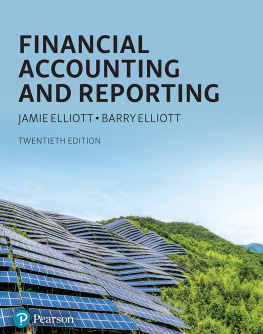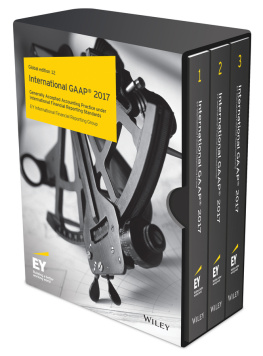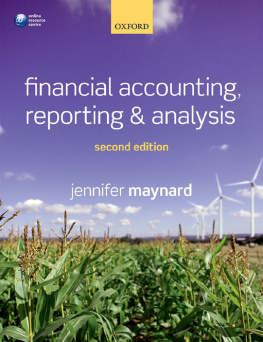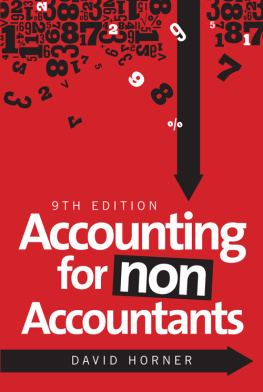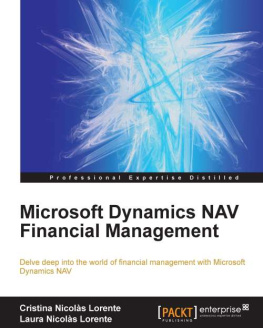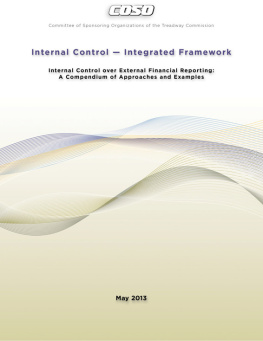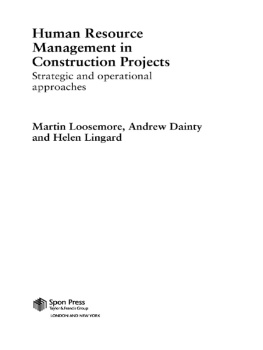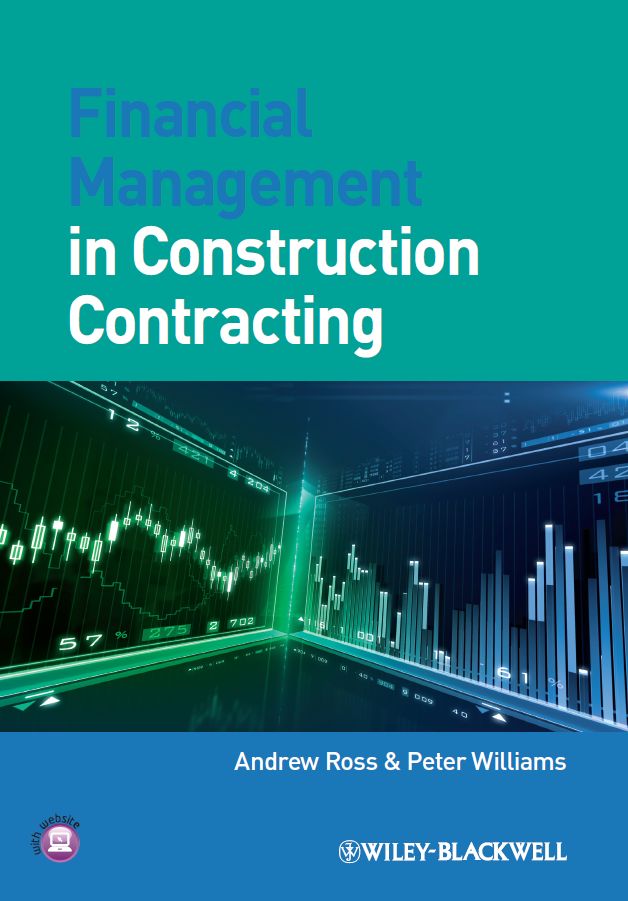Andrew Ross - Financial Management in Construction Contracting
Here you can read online Andrew Ross - Financial Management in Construction Contracting full text of the book (entire story) in english for free. Download pdf and epub, get meaning, cover and reviews about this ebook. year: 2012, publisher: Wiley, genre: Romance novel. Description of the work, (preface) as well as reviews are available. Best literature library LitArk.com created for fans of good reading and offers a wide selection of genres:
Romance novel
Science fiction
Adventure
Detective
Science
History
Home and family
Prose
Art
Politics
Computer
Non-fiction
Religion
Business
Children
Humor
Choose a favorite category and find really read worthwhile books. Enjoy immersion in the world of imagination, feel the emotions of the characters or learn something new for yourself, make an fascinating discovery.

- Book:Financial Management in Construction Contracting
- Author:
- Publisher:Wiley
- Genre:
- Year:2012
- Rating:4 / 5
- Favourites:Add to favourites
- Your mark:
Financial Management in Construction Contracting: summary, description and annotation
We offer to read an annotation, description, summary or preface (depends on what the author of the book "Financial Management in Construction Contracting" wrote himself). If you haven't found the necessary information about the book — write in the comments, we will try to find it.
This authoritative text provides a detailed insight into how construction companies manage their finances at both corporate and project level. It will guide students and practitioners through the complexities of the financial reporting of construction projects within the constraints of accepted accounting practice. The book is written for non-accountants and from a contractors perspective and is equally relevant to subcontractors and main contractors.
The authors examine the relationship between the external annual accounts and the internal cost-value reconciliation process. CVR is covered in depth and the authors consider issues such as interim payments, subcontract accounts, contractual claims, final accounts, cash flow management and the reporting of the physical and financial progress of contracts.
A broad perspective of all the financial aspects of contracting is taken along with related legal issues and the authors explain how things operate in the real world. They describe good practice in financial control while at the same time being honest about some of the more questionable practices that can - and do - happen. The approach taken is unique as the financial management of construction projects is considered from the perspective of the contractors quantity surveyor. The book deals with the real issues that surveyors have to address when using their judgment to report turnover, profitability, cash flow, and work in progress on projects and the financial problems faced by subcontractors are frankly and pragmatically explored.
The payment and notice requirements of the Construction Act are explained in detail and relevant provisions of JCT2011, NEC3, ICC, DOM/1 and other standard contracts and subcontracts are also covered.
Financial Management in Construction Contracting addresses the wide variety of external factors that influence how construction companies operate, including government policy, banking covenants and the financial aspects of supply chain management. Cost reporting systems are described and real-life examples are used to illustrate cost reports, accrual systems and how computerised systems can be employed to provide the QS with information that can be audited.
Examples drawn from practice demonstrate how work-in-progress (WIP) is reported in contracting. Cost value reconciliation reports are featured and the book demonstrates how adjustments are made for overmeasure, undermeasure, subcontract liabilities and WIP as well as explaining the processes that contractors use when analysing external valuations.
This is the ideal core text for final year degree and post-graduate level modules on Quantity Surveying, Commercial Management, Construction Management and Project Management courses and will provide an invaluable source of reference for quantity surveyors and others who may be engaged in the financial management of construction projects.
The books companion website at www.wiley.com/go/rossfinancialmanagement offers invaluable resources for students and lecturers as well as for practising construction managers:
Andrew Ross: author's other books
Who wrote Financial Management in Construction Contracting? Find out the surname, the name of the author of the book and a list of all author's works by series.


